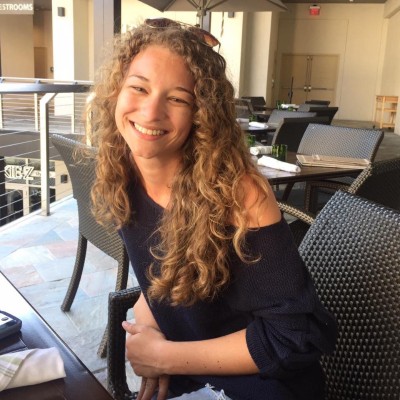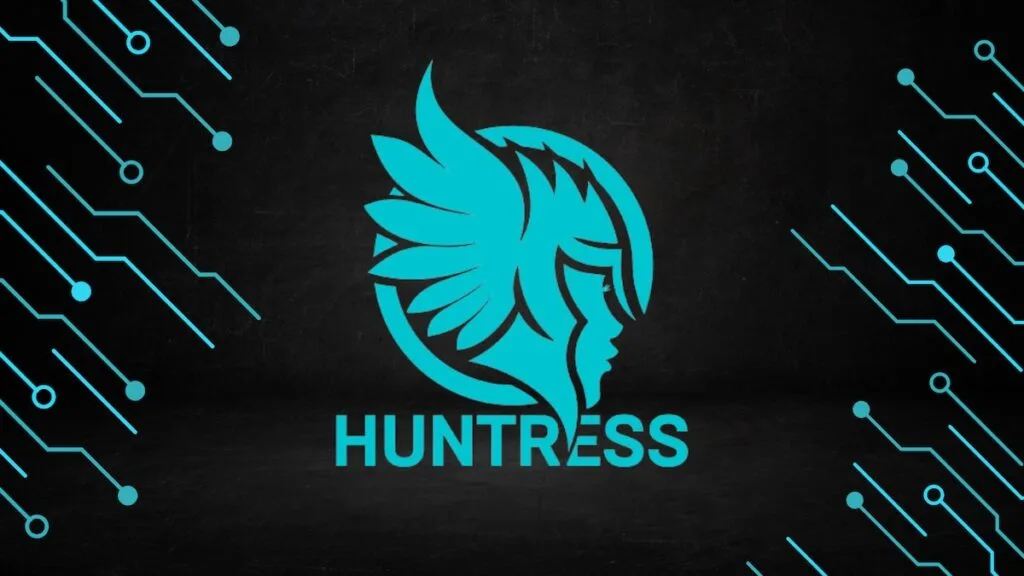It can be difficult to leave your mark in the startup world. But occasionally, someone comes along who upends the system. In the modern age, that someone is Tope Awotona.
Tope, founder and CEO of the scheduling automation platform Calendly, has become a hero to many. His journey resonates with so many underdog founders – especially as a Black man and immigrant. He has been labeled as "the most successful African-American tech entrepreneur of his generation.”
The level of success this man has achieved cannot be understated. Tope’s persistence and perseverance have made him a living legend in the startup sphere. But he had to fight to get there.
Upbringing
Born in 1981 in Lagos, Nigeria, Tope spent his childhood surrounded by family. Raised in a comfortable middle-class life, his father was a microbiologist and entrepreneur and his mother was the Chief Pharmacist for the Central Bank of Nigeria. Tope always recognized and respected how ambitious his parents were, which inspired him to dream big.
But Lagos, a city of 15 million, can be dangerous at times. In an incredibly traumatic event, the 12-year-old Tope watched his father die from a gunshot wound during a carjacking.
This would inspire him to help his father’s entrepreneurial spirit to live on. It became a catalyst for a new drive to reach his goals.
Then in 1996, when he was 15, Tope moved across the world to Marietta, Georgia – a decision he wasn’t fond of. Later in life, he admitted he was grateful for his mother's decision.
Life in America
After graduating high school, he decided to attend the University of Georgia and major in Management Information Systems.
As a broke college kid, Tope needed employment. He decided to try out cold calling and selling alarm systems door-to-door. It was a tough way to make money, but it taught Tope important lessons about perseverance in the face of failure.
After university, Tope went on to work in sales for companies like Perceptive Software, Vertafore, and EMC (now part of Dell). But he couldn't shake the itch to launch his own project. So he decided to dive head first into the startup world.
Tope’s first idea was to build a dating website. While he named the business STT Media, or Single To Taken, it never launched. Tope’s second startup began when Tope was convinced to build a website around selling projectors, which led to Projectorspot.com. For his third attempt, Tope decided to pivot from projectors to grills and started yardsteals.com.
All of these ended up failing. While Tope’s shuttered startups were profitable in their own right, each endeavor proved to be fruitless when he had minimal passion or knowledge about what he was selling.
Once he figured out the issue, he adjusted his strategy. He began to focus on solving a problem he genuinely cared about, instead of only chasing profits.
Development and Growth of Calendly
In late 2012, the idea for Calendly was sparked by Tope’s continued frustration with setting up meetings. As he researched different existing tools, he came to realize that they all were outdated. He became obsessed with this gap in the market and how he could influence it.
In September of 2013, he launched Calendly from Atlanta Tech Village, a coworking space for entrepreneurs. After months of research, Tope put his entire life savings, pulled from his 401k, and maxed out his credit cards.
But even when he faced endless rejection, Tope forged ahead without investors. He began to redirect his energy to building the best product and how to make it valuable to consumers – allowing him to bring in revenue. The journey would be long and expensive.
For eight years, Tope had to learn how to cope with the financial burden of solely running a startup. But with his product-first approach, Calendly started to look more and more appealing to investors.
His determination paid off in April 2014 when Calendly received $550,000 in pivotal seed funding from Atlanta Ventures. In 2023, it raised $350 million in funding from OpenView Venture Partners and Iconiq Capital.
Today, Calendly has 10 million users and is valued at $3 billion – making it one of the few Black-owned unicorns in the world.
Lessons Learned
Reflecting on his journey, Tope credits his success to grit, determination, and the Nigerian spirit.
"I just know the country that produced me," he said in an interview with TechCrunch. "There are a million Topes in Nigeria...I’m not a diamond in the rough, and I want to get involved in some way to help with that."
The most important lesson to learn from Tope’s story is that the path to success is not linear. Despite starting his journey with so few resources, Tope showed that successful startups don’t need to launch with significant VC funding.





